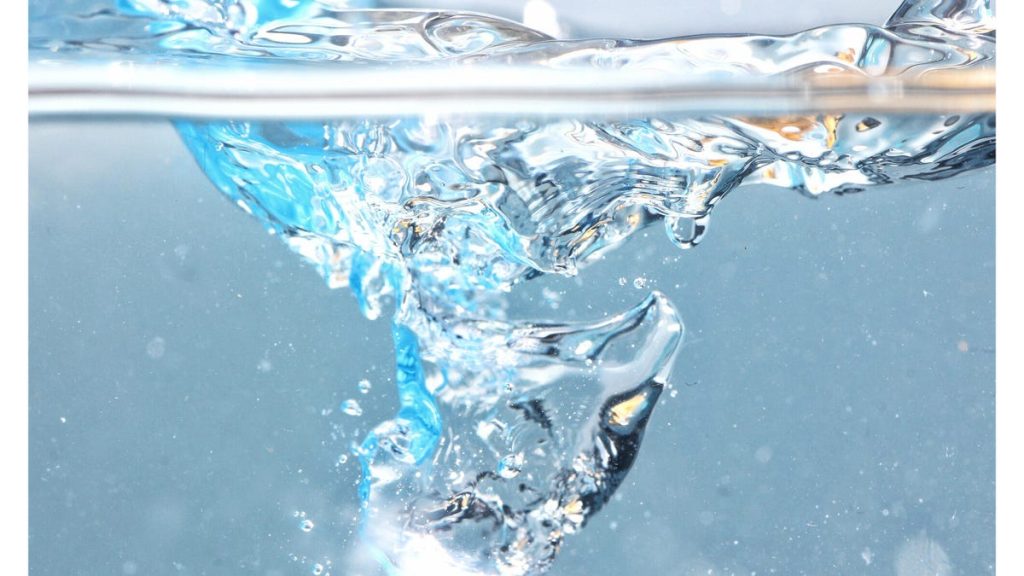Drinking enough water is essential, especially in extreme heat conditions, as dehydration can lead to various health issues such as fatigue, high blood pressure, and irregular heart rate. While the old adage of drinking eight glasses of water per day has been widely accepted, there is no scientific evidence to back this up. The adequate intake of water for adults is 15.5 cups for men and 11.5 cups for women, including water from beverages and foods. However, these amounts can vary depending on individual factors such as activity level, climate, pregnancy, and breastfeeding.
People with active jobs, those who exercise regularly, individuals living in hot climates, as well as pregnant or breastfeeding women may need to consume more water to stay hydrated. Different rules of thumb for staying hydrated exist, including drinking when you’re thirsty, having a glass of water before and between meals, drinking eight glasses a day, and consuming half your body weight in ounces. It is important to experiment with hydration techniques to find what works best for you while paying attention to signs of dehydration such as fatigue, headaches, and urine color.
In addition to drinking water, it is crucial to consider other factors that can impact hydration levels, such as sweating, electrolyte loss, and fluid intake from other sources. Structuring water intake around daily routines and meals can help make hydration a habit. While some health professionals argue that waiting till you feel thirsty is too late, others believe that the body signals its need for water through thirst. Monitoring your hydration levels through urine color can also provide insights into whether you are properly hydrated or not.
Overall, there is no one-size-fits-all recommendation for water intake, as individual needs can vary based on several factors. It is essential to listen to your body, experiment with different hydration techniques, and adjust your water consumption accordingly. By staying mindful of signs of dehydration and ensuring adequate fluid intake, you can maintain optimal hydration levels and support your overall health and well-being.


